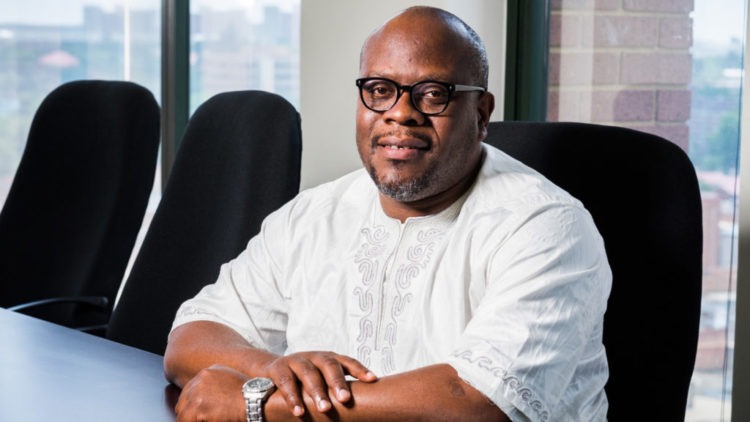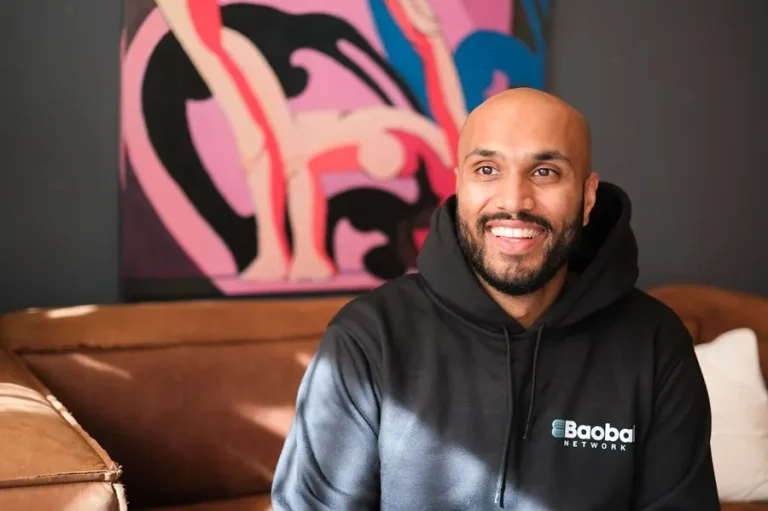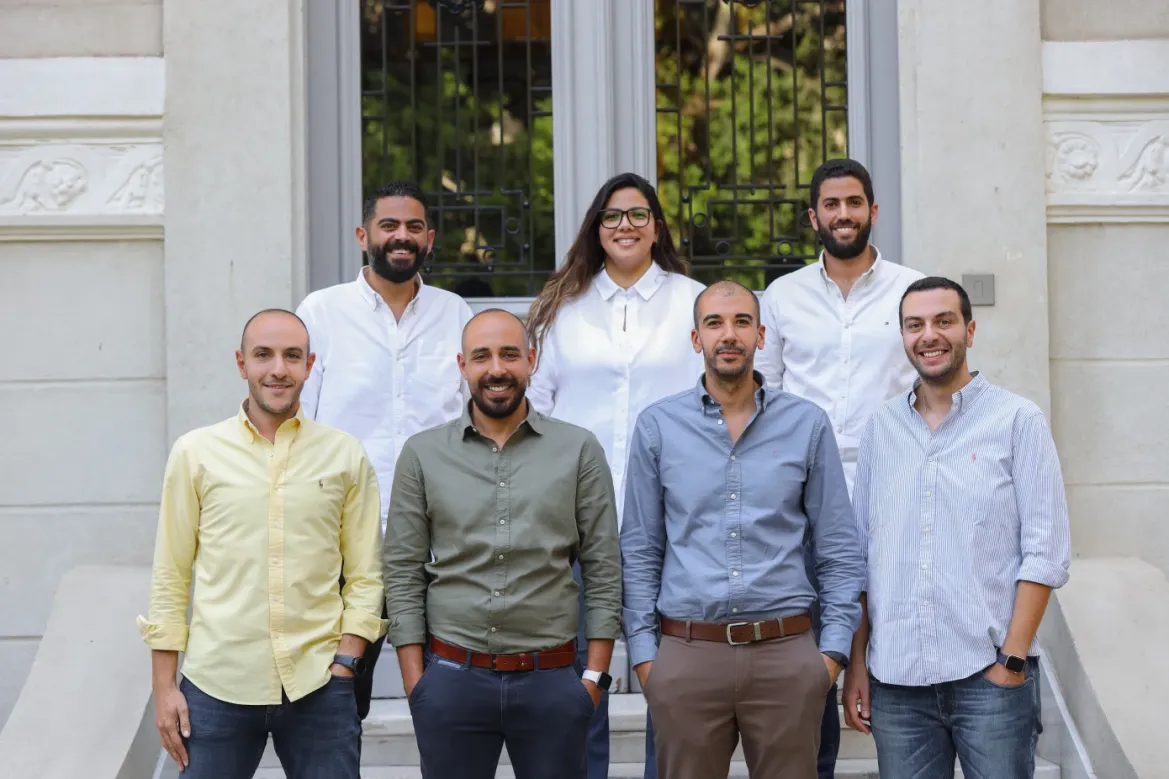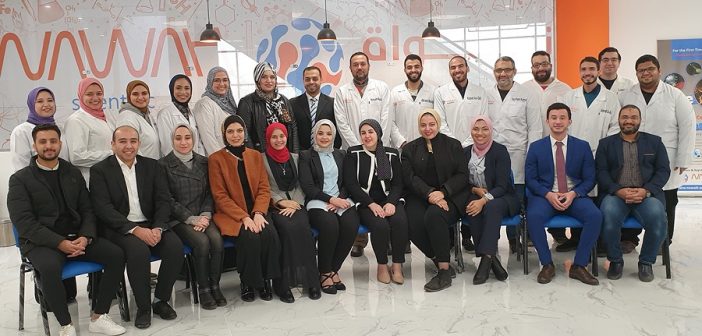Victory Farms, a Kenyan aquaculture startup, has received $5 million in finance to expand into new markets.

Victory Farms, a tilapia fish aquaculture firm with hatcheries, nursery ponds, and deep-water cages, has raised $5 million in new capital.
Ed Brakeman, a senior managing director at Bain Capital, and Hans den Bieman, the founder and former CEO of Mowi, one of the world’s largest fish companies, led the investment.
Following seven internal angel rounds from the same collection of equity–and debt investors (it received $40 million in debt last year), this is the startup’s first institutional investment. The money will help the Kenyan enterprise expand into Rwanda, the Democratic Republic of Congo, and Tanzania.
Victory Farms was created in 2015 by Joseph Rehmann. Rehmann spoke with TechCrunch about his route to founding the startup. After finishing his MBA program, he worked in Ghana for three months on an aquaculture project, which led to a three-year position as CFO of an Accra-based farm.
“I learned a lot about aquaculture scaling and other related topics.” “I believed that if we could connect more dots — and basically create an end-to-end protein plant,” said Rehmann, who previously worked for an investment bank and Microsoft.
In 2015, Rehmann and his longstanding business partner Steve Moran set out to explore Lake Victoria and do feasibility studies on how they may utilize technology to disrupt the country’s cold chain businesses.
They came to the conclusion that there was a once-in-a-lifetime opportunity to reconstruct the fish value chain from the ground up. Victory Farms was founded with an angel round and launched in mid-2016 to address a market with a $1.5 billion fish shortfall.
The average Kenyan consumes only 10-20% of their animal protein, the majority of which is red meat. With a severe fish shortage and retail prices as high as $5 per kilo, Victory Farm claims to be using technology to grow more fish while simultaneously lowering costs for the thousands of market women who buy fish in tiny quantities to cook and sell at local food markets.
“We have scaled 2x quicker than any other African fish company because we run a tech-enabled platform.” And, thanks to data, we’ve constructed the world’s most efficient organization for half the cost of the current worldwide leader,” Rehmann told TechCrunch in an email. “We sell to mass market Africans using a cutting-edge RTM cold chain that leverages predictive data to deliver fish to thousands of market ladies every day across Kenya with less than 1% spoilage,” says the company.
According to Rehmann, the company has over 54 retail outlets where over 15,000 market women go to buy fish, and they don’t need electricity or ice.
“We employ vertical integration from end to end to produce a more robust data collection,” he explained. “Through our systems and the power of data, we can innovate and build more cost-effective solutions to give a better, fresher product to more consumers.”
Because of its technology, Victory Farms claims to have one of the greatest margin structures in the fishing industry. Between 2017 and 2021, the company’s CAGR was 130 percent. Maintaining this rate of growth might inspire confidence. In the case of Victory Farms, Rehmann feels the company — which also has a processing factory and distribution network — has no serious competition in Kenya or the greater East African region.
“We’re developing so quickly in comparison to them (the competition) that we don’t perceive this as a competitive environment.” Hunger and the lack of a cheap protein choice for consumers are the true competitors for us,” he said.
However, Rehmaan sees Zurich-based Regal Springs as a bigger player on a worldwide scale. If its growth into new countries goes as planned, Victory Farms might exceed Regal Springs in the next five years to become “the largest end-to-end tilapia platform” internationally, according to the CEO.
Victory Farms is focused on profit and expansion, but Rehmann said it’s also important to note that the company is trying to become the world’s most sustainable tilapia platform. “We’re working on a number of projects, including the world’s first carbon-negative fish platform.” And I believe it’s incredibly exciting because the business has a lot of tangible and measurable dimensions to do it.”







